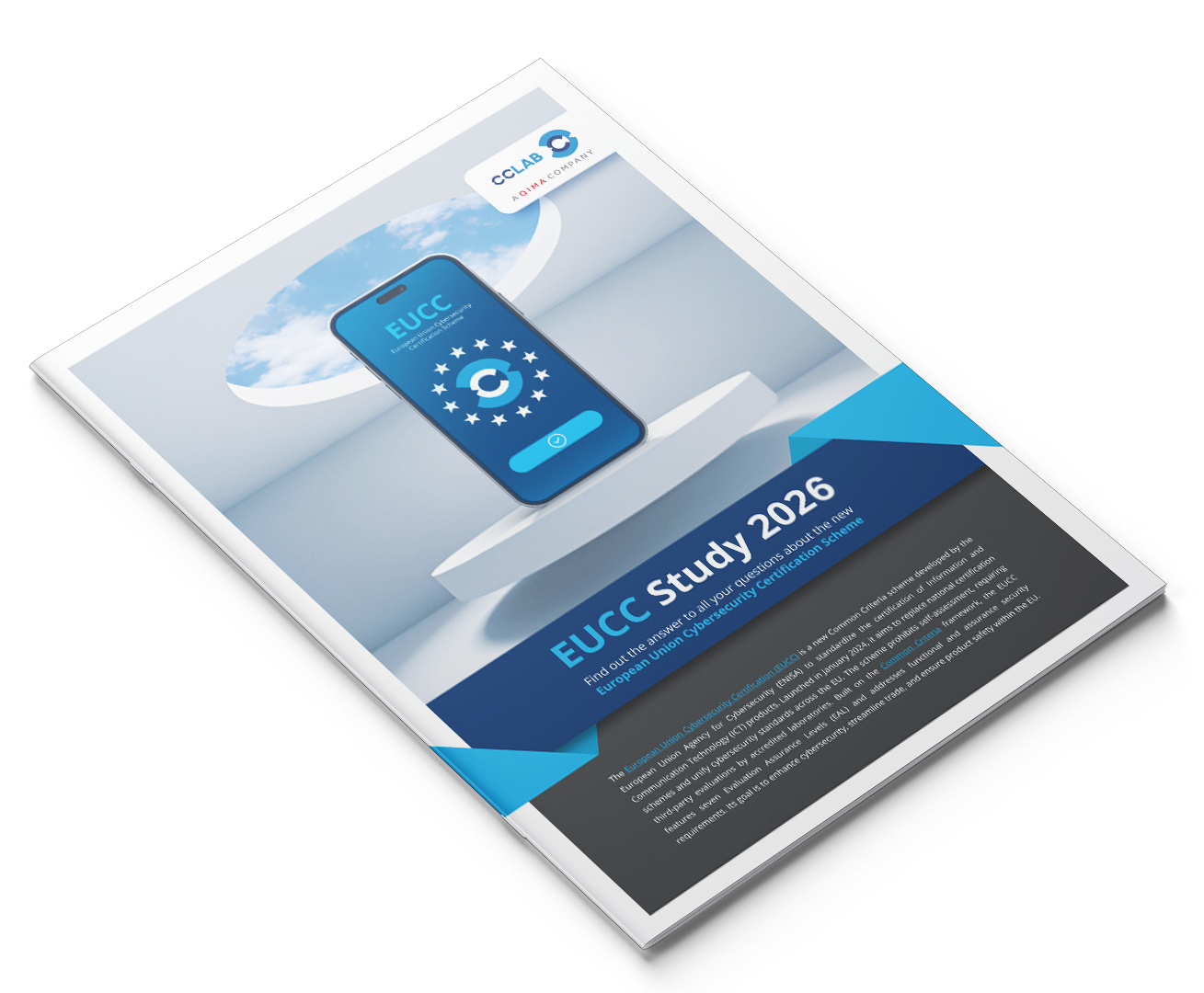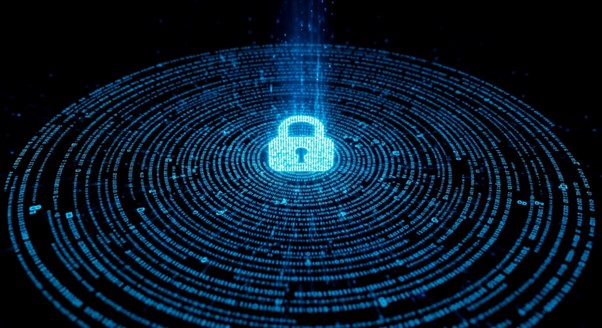
EUCC - A New Cybersecurity Scheme for the Certification of ICT Products in Europe
2
min reading time
The European Union Cybersecurity Certification (EUCC) is a new scheme for certifying information and computer technology products in Europe; it is an update from the previous existing SOG-IS MRA.
EUCC is a Common Criteria-based certification scheme that uses the internationally acclaimed, proven methods used in Common Criteria with additional concepts to provide a modern and flexible solution to stakeholders such as patch management for certified products.
Common Criteria
Common Criteria (CC) refers to an international set of standards and guidelines used in evaluating security products and systems. Common Criteria was initially developed to ensure technology products met specific security standards and government regulations. Assurances are separated by metrics concerning overall effectiveness and correctness.
Common Criteria helps ensure higher product standards while also protecting against pressing cybersecurity concerns, including data breaches, information leaks, and privacy concerns.
Once technology products are inspected by experts and have been sufficiently assessed, they receive a recognized Common Criteria Certification.
Understanding the core concepts and rationale behind Common Criteria is crucial for understanding internationally uniform cybersecurity protocols and interpreting the new EUCC scheme.
EUCC
The EUCC scheme draws from the same central components of Common Criteria, applying them to technology products within the European Union. EUCC adds additional requirements on top of existing Common Criteria and Cybersecurity Evaluation Methodology (CEM) practices.
New requirements to cybersecurity certifications include additional monitoring and handling of compliances, more transparent and publicly available vulnerability information, and offering increased support to consumers such as patch management for certified products.
Implementation
Implementation of the EUCC scheme began at the end of 2020. Certification schemes under SOGIS-MRA can EUCC is scheduled to be fully operational at the beginning of 2022, possibly converting existing assessments and certifications to match the new EUCC scheme.
Application
EUCC is applied to ICT products which:
embeds a meaningful set of security functional requirements as described by Common Criteria Part 2
aims to achieve ‘substantial’ or ‘high’ level of assurance for the CSA covered by EUCC.
Improvements and Comparisons
EUCC represents some improvements over existing schemes.
Pros include an increased emphasis on:
- Additional monitoring
- Compliances
- Transparency
- Publicly available vulnerabilities
- Increased customer support
Some cons to this include:
- Limited recognition & acceptance (only in the EU)
- Slow transition period
- Additional requirements for developers
- Additional effort from developers
EUCC Moving Forward
The new EUCC scheme will change some cybersecurity protocols regarding product certification throughout Europe, but still draws on many of the same core concepts as the Common Criteria. It marks a departure from the previous SOG-IS MRA.
For the time being, both methods will be held to a high standard when assessing and evaluating the cybersecurity protocols of ICT products.
The European Commission has initiated a public consultation between 3rd October to 31. October 2023. on the draft implementing regulation that establishes the European Common Criteria-based cybersecurity certification scheme (EUCC) for information and communication technologies (ICT) products. The received feedback and the draft of the Commission Implementing Regulation is available on the European Commission's website. The final regulation is expected in Q4 2023 and is planned to become applicable 12 months after it enters into force. Once applicable, national cybersecurity certification schemes and related procedures covered by the EUCC will cease to have effect, specifically, those applying evaluation standards covered by the Common Criteria.
Related downloadables
Related downloadables


EUCC Study - The New European Union Cybersecurity Certification Scheme
EUCC Study - The New European Union Cybersecurity Certification Scheme
Download EUCC Study 2026 for the most important and up-to-date information about the new European Union Cybersecurity Certification Scheme


Guide and Checklist for Common Criteria Evaluations - updated with EUCC Scheme
Guide and Checklist for Common Criteria Evaluations - updated with EUCC Scheme
Learn everything you need to know for a successful Common Criteria certification project. Save costs and effort with your checklist.


Common Criteria Evaluation Process infographics
Common Criteria Evaluation Process infographics
This downloadable infographics introduces the Common Criteria Evaluation process to you. Explore now for free.
Related news

How to Meet IoT Cybersecurity Standards Using the ETSI EN 303 645 Guide
This article provides a comprehensive guide to meeting consumer IoT security standards using the ETSI EN 303 645 framework. It explains why this standard has become the global baseline for compliance, serving as a critical foundation for regulations like the UK PSTI Act and the upcoming EU Cyber Resilience Act (CRA). The post breaks down the 13 essential security provisions, such as banning default passwords and securing software updates, and outlines a structured assessment path from scope definition to accredited testing. Learn how to treat security as a design constraint to avoid market delays, leverage gap analysis for early detection of vulnerabilities, and turn technical compliance into a trusted competitive edge for your smart devices.
5
min reading time

Understanding EUCC Assurance Levels: What “Substantial” and “High” Really Mean for ICT Security
This article provides a strategic guide to the new EUCC assurance levels, explaining what "Substantial" and "High" certifications actually mean for your market access. It demystifies the critical shift from simple EAL numbers to risk-based vulnerability analysis (AVA_VAN), detailing exactly which products require advanced penetration testing versus basic surveys. You will learn how to map your device to the correct assurance category, navigate the new mandatory lifecycle and patching requirements, and avoid the costly trap of over-engineering your compliance strategy.
5
min reading time

Implementing EUCC: What High-Assurance Certification Requires Beyond Traditional Common Criteria Approaches
This is a comprehensive overview of the transition to EUCC (European Common Criteria-based cybersecurity certification scheme). It effectively highlights the shift from the old, fragmented SOG-IS approach to a unified, risk-based framework under the Cybersecurity Act.
8
min reading time
